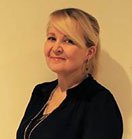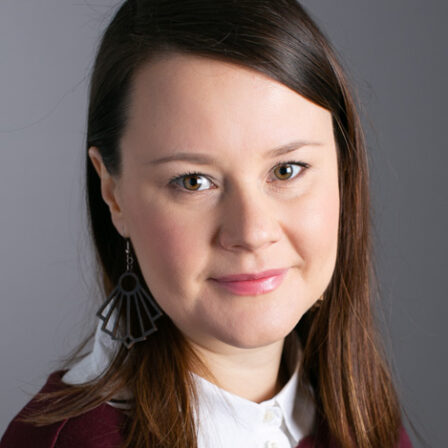Turku University of Applied Sciences pays attention to sustainability and responsibility in the procurement of services and goods. Practical measures include, for example, increasing organisational skills, offering certified coffee and low-emission transport.
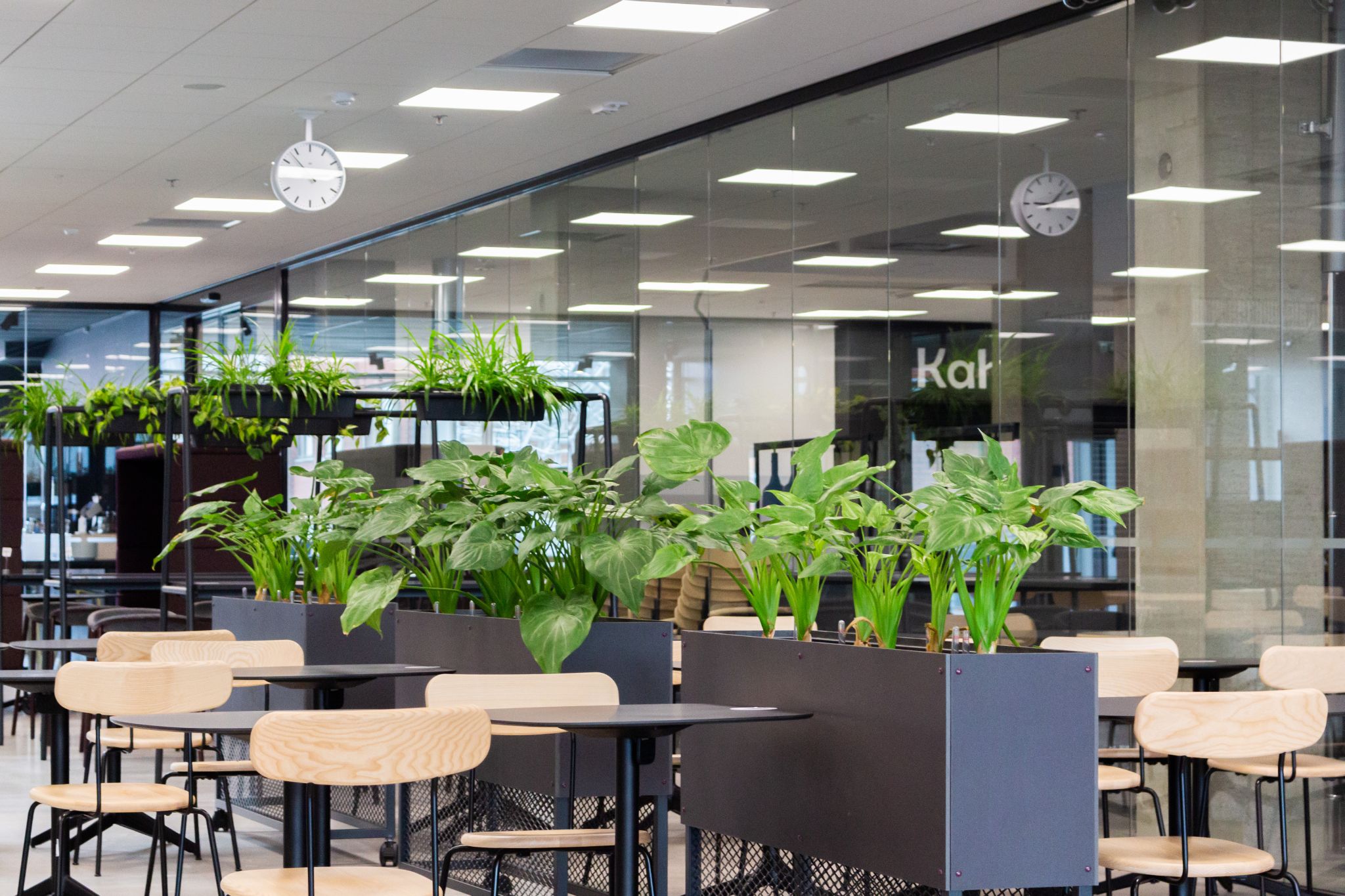
Published:
Edited:
Turku University of Applied Sciences is continuously striving to reduce its carbon footprint in line with the Sustainable Development and Sustainability Programme.
“Purchases have a significant impact on our carbon footprint, accounting for around 60% of our emissions each year. This is why we have set ourselves the target of low-carbon procurement from 2023 onwards,” says Ulla-Maija Lakka, Director of Finance and Administration.
More knowledge from the network
Turku University of Applied Sciences has joined the VAUHTI network for Responsible and Effective Procurement, launched in January 2025. The network is coordinated and services are provided by Motiva, the state organisation for sustainable development.
“The network will support us in developing responsible, effective and innovative procurement. As a member, we also have the opportunity to get sparring support in taking into account the sustainability aspects of individual procurements and to be involved in thematic development groups,” says Sonja Lankiniemi, Senior Advisor and Project Manager at Turku University of Applied Sciences.
“We expect the Vauhti network to network and collaborate with other contracting authorities and experts, as well as with potential bidders. We are at the forefront of listening to best practices and tools in the industry,” Lankiniemi continues.
Example: certified coffee
Only certified coffee is available in the coffee vending machines on the campuses of Turku University of Applied Sciences: in accordance with the requirements of the Fair Trade University of Applied Sciences, Fair Trade coffee is available, which is also organic. In addition, Rainforest Alliance certified coffee is available. Certified products improve the transparency of supply chains. The coffee machines have an A+ energy rating and are serviced by an electric car. The vending machines in use are reusable, which means that the circular economy is also taken into account.
Example: lower-emission transport
Turku University of Applied Sciences uses the same charter transport services as the City of Turku, and responsibility has been taken into account in the procurement of the service: Transport service providers are committed to reducing their emissions by an average of 5% annually. Almost half of the service providers’ minibuses and slightly more than half of the larger buses are low-emission or energy-efficient. Our service providers regularly monitor and report on the energy efficiency of transports in order to improve it. The City of Turku, which has ambitious climate goals, was responsible for the tendering.
Further information:
Find out more about our sustainability work
Read next
-
Press Release
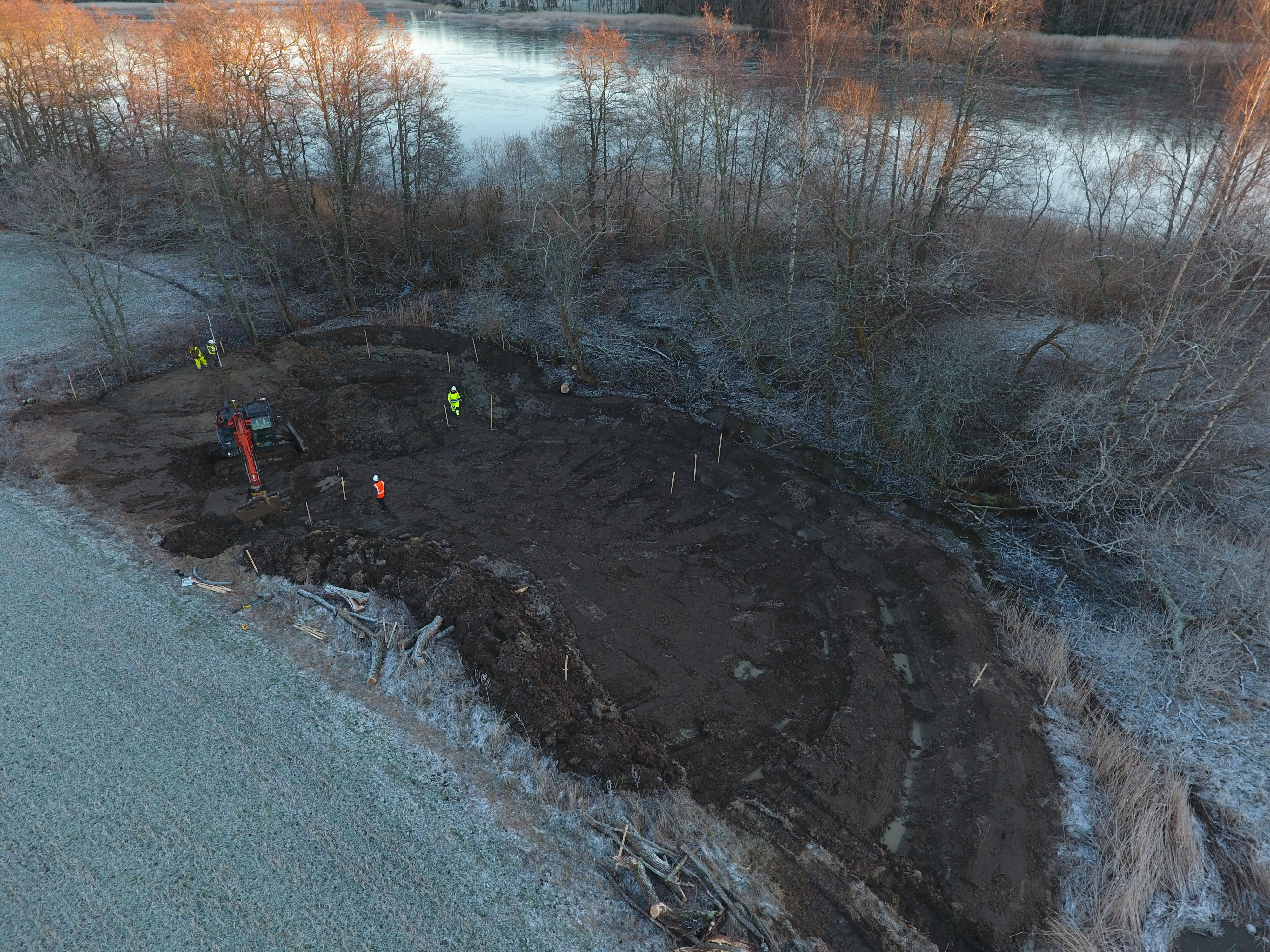
A wetland in Parainen improves the area’s natural values and water quality
A new water protection reservoir designed by Turku University of Applied Sciences has been completed at Sydänperti in Parainen. The wetland is designed to improve the water quality…
-
News
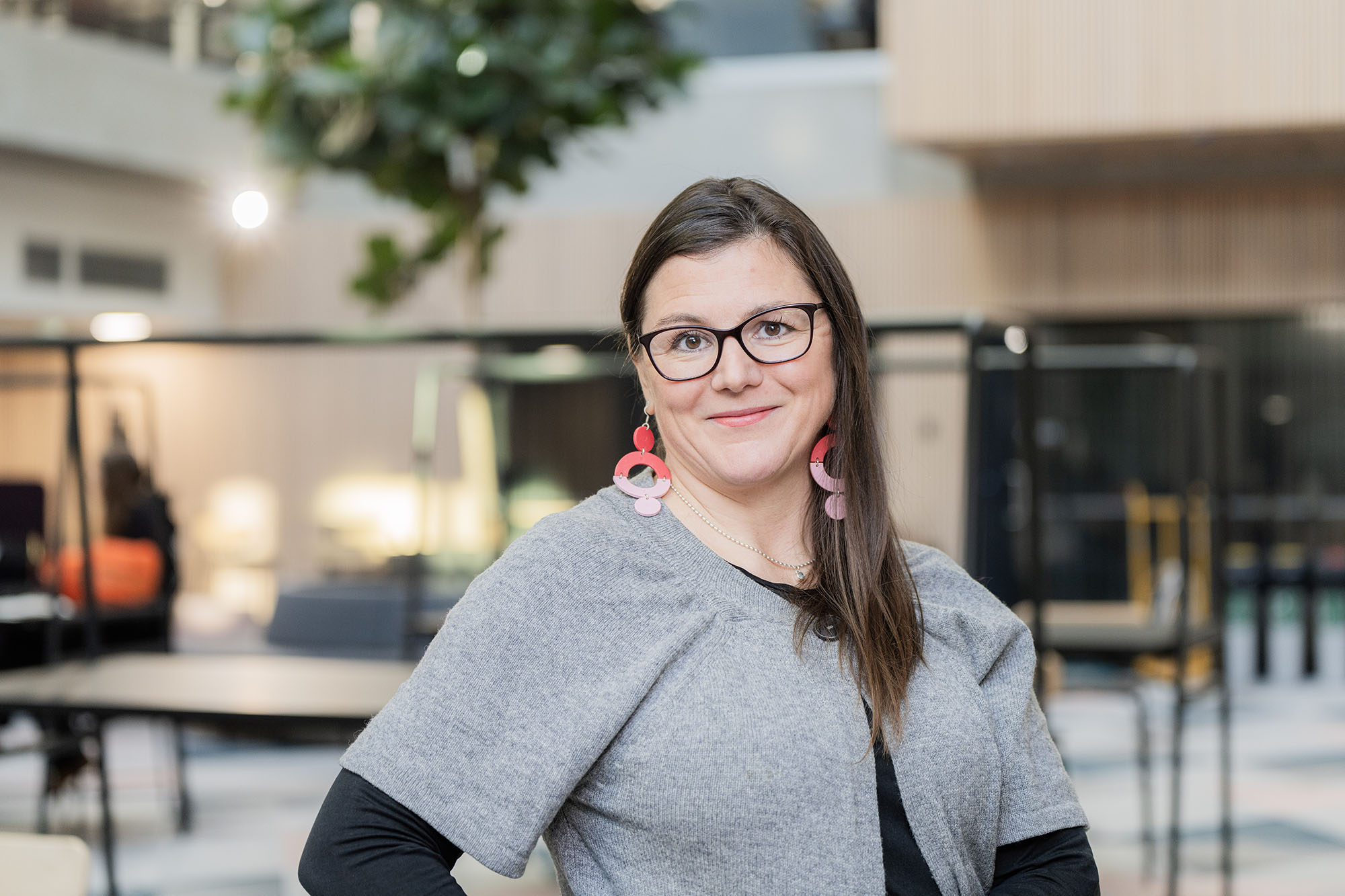
Lecturer Henna Knuutila’s handprint for the climate is visible in future experts and circular economy solutions
Henna Knuutila is working for the climate by teaching future professionals to be more sustainable. Turku University of Applied Sciences works towards sustainable development and responsibility by increasing…
-
News
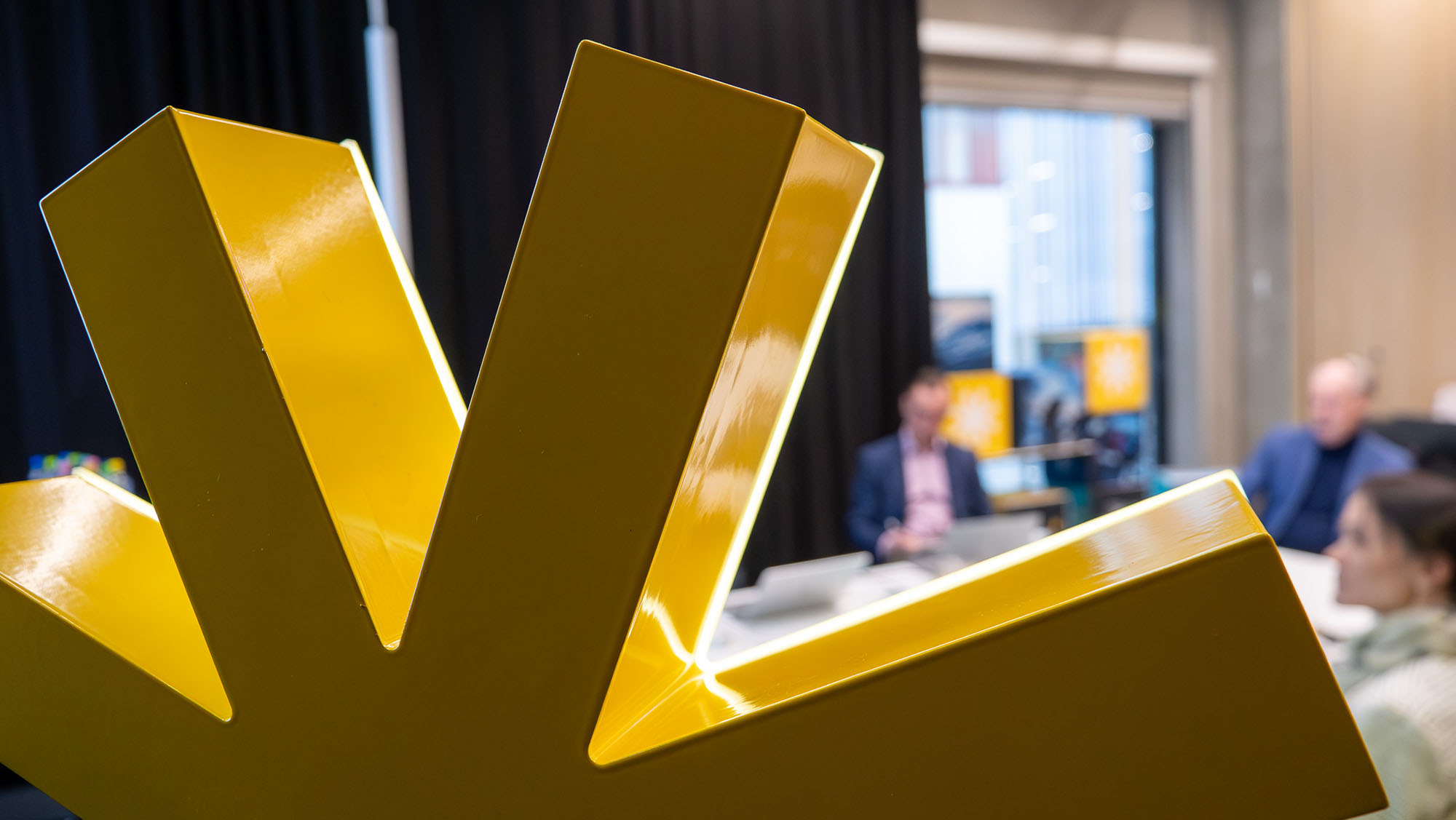
More and more multilingual talents are moving to Turku
How has Turku’s internationalisation been taken into account in higher education? How can higher education institutions promote access to higher education for multilingual Turku residents? Turku University of…

